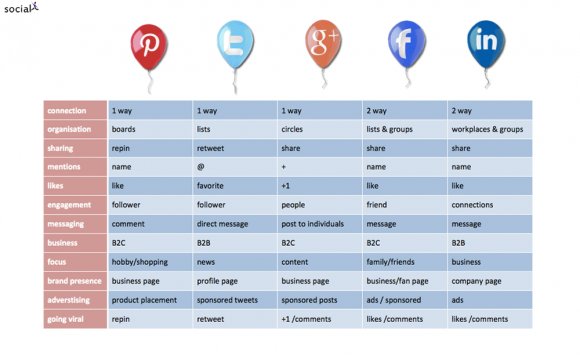
Social comparison theory was first proposed in 1954 by psychologist Leon Festinger and suggested that people have an innate drive to evaluate themselves, often in comparison to others. People make all kinds of judgments about themselves, and one of the key ways that we do this is through social comparison, or analyzing the self in relation to others.
For example, imagine that a high school student has just signed up for band class to learn how to play the clarinet. As she evaluates her skills and progress, she will compare her performance to other students in the class. She might initially compare her abilities to the other members of the clarinet section, particularly noting those who are better than her as well as those who are worse. She may also compare her abilities to those of students who play other instruments as well.
Social Comparison Theory: A Background
Festinger believed that we engage in this comparison process as a way of establishing a benchmark by which we can make accurate evaluations of ourselves.
For example, a music student might compare herself to the star student of the class. If she finds that her abilities do not measure up to her peer's talents, she might be driven to achieve more and improve her abilities.
How Does the Social Comparison Process Work?
There are two kinds of social comparison:
- Upward social comparison is when we compare ourselves with those who we believe are better than us. These upward comparisons often focus on the desire to improve our current level of ability. We might compare ourselves to someone better off and look for ways that we can also achieve similar results.
- Downward social comparison is when we compare themselves to others who are worse off than ourselves. Such downward comparisons are often centered on making ourselves feel better about our abilities. We might not be great at something, but at least we are better off than someone else.
Examples of Social Comparison Theory in Action
According to Festinger, people rely on these comparisons with other people to accurately assess their own skills, abilities, beliefs and attitudes. In cases where your comparisons are not effective, you might find yourself getting into situations that are too difficult or complex for your current skill levels. For example, if you compare yourself to your friends and feel that you are pretty physically fit, you might sign up for a marathon believing that you have the ability to finish with no problem. When race day arrives, you might find yourself surrounded by people who are much more athletic than you and realize that your initial assessment of your abilities was overly optimistic.
When we can, we may put these comparisons to the test in real-world settings.
For example, if you want to assess your skill as a basketball player, you might start by playing a game with your friends or practice shooting free throws. Once you have a good understanding of what you are capable of, you might then begin comparing your performance to other people that you know. You might immediately think of a friend who plays on his school's basketball team. This is an example of upward social comparison. In comparison to him, your performance is not nearly as skilled, but you might feel that you can eventually achieve similar skill with a little practice. In this case, upward social comparison may make you feel better about your skill and more motivated to improve upon it.
You might then compare your abilities to a friend who couldn't make a basket to save his life. In comparison, your performance is much better. This is an example of downward social comparison. In this case, observing your friend’s poor skills actually makes you feel even better about your own abilities.
Share this Post
INTERESTING PSYCHOLOGY VIDEO
![[Download] Social Comparison and Social Psychology](/img/video/download_social_comparison_and_social_psychology.jpg)











